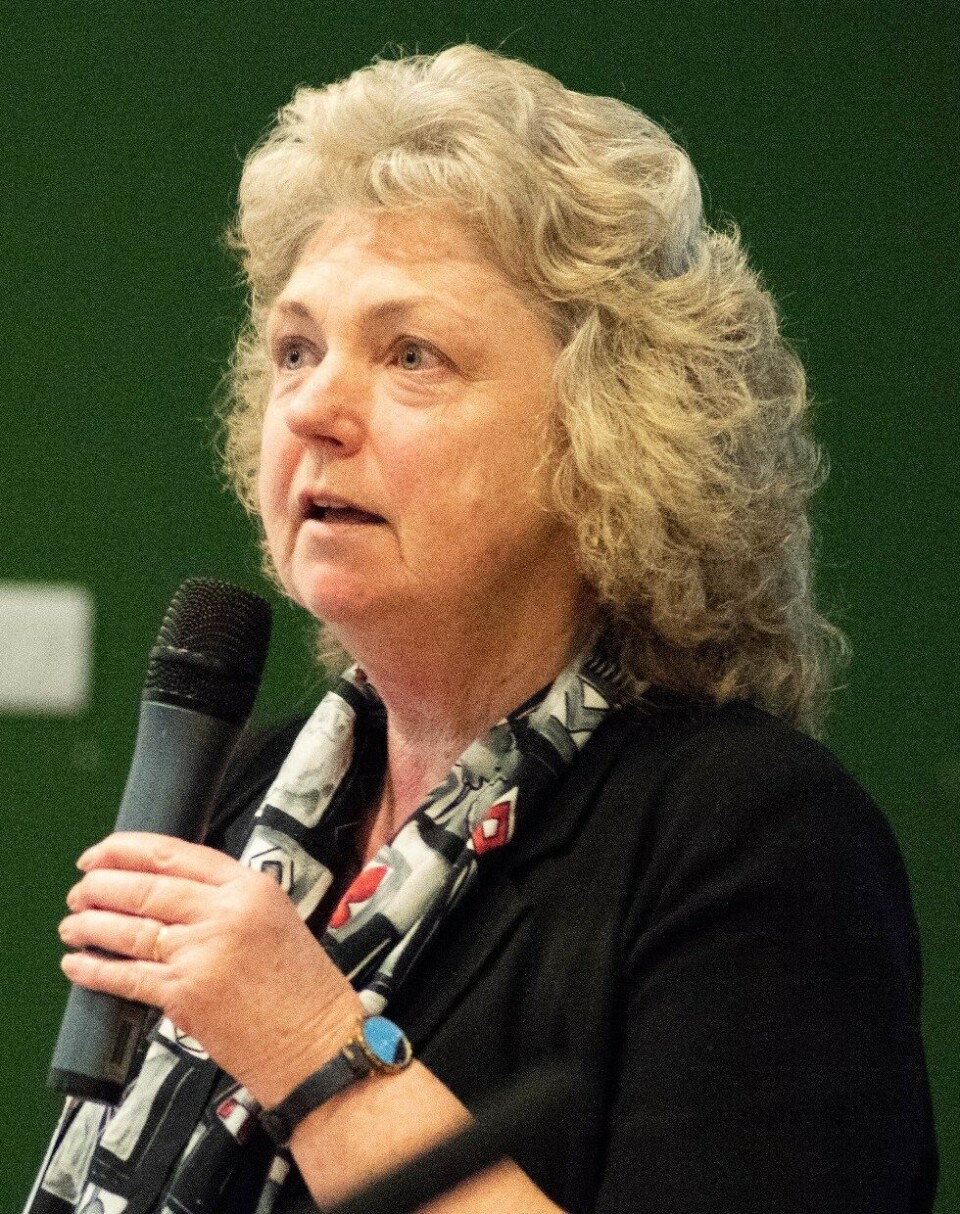
Future science of salmon farming on display
The extent of high-level scientific research taking place to help the farming of Scottish salmon and other fish has been demonstrated at a conference at the University of Stirling’s Institute of Aquaculture (IoA).

The IoA’s fifth annual PhD conference featured presentations from 14 students carrying out doctorate research, with many connected to the salmon industry.
One project, led by researcher Michael McGowan and funded by Innovate UK and the Scottish Aquaculture Innovation centre (SAIC), involves developing an on-site test for a biomarker that can accurately identify when a fish has smoltified.
Another, led by Ana Herrero, looks at the role of the microsporidian Desmozoon lepeophtherii in complex gill disease in salmon.
In a SAIC-funded project on cleaner fish, Athina Papadopoulou leads work on characterising bacterial pathogens of farmed Ballan wrasse and implications for vaccine development.
Thomas Cavrois Rogacki is looking at the effects of rearing temperature and commercial diets on the growth, body composition and digestibility of Ballan wrasse juveniles farmed in recirculating aquaculture systems.
Researchers who didn’t make presentations but whose work was described on posters outside the IoA lecture theatre included Elizabeth Buba, who is leading work on antimicrobial susceptibility testing of atypical Aeromonas salmonicida isolates from wrasse.
Recombinant vaccine
Jadwiga Sokolowska is leading work on the development of a recombinant vaccine against amoebic gill disease, while Lewis Warren is looking at the effect of LED light intensity and spectra on seawater performance and sealice infection of Atlantic salmon.
The event was hosted by science broadcaster and journalist Vivienne Parry, head of engagement at Genomics England and a board member of UK Research and Innovation.
Guest speakers were Iain Berrill, technical manager of the Scottish Salmon Producers’ Organisation, Sandra Adams, head of the Fish Health and Welfare Group and Aquatic Vaccine Unit at the IoA, and SAIC chief executive Heather Jones.
Adams’ top tips for a successful academic career based on her own experience were to find a patient and supportive partner, have good mentors, become adept at networking and remember that teamwork is key, as nothing is achieved alone.
She advised working both inside and outside academia, adding: “Be patient, it will take two or three or even four post-doc [projects] before you get that permanent position in the UK.
“Success will not come to you, you must go out and find it.”

















